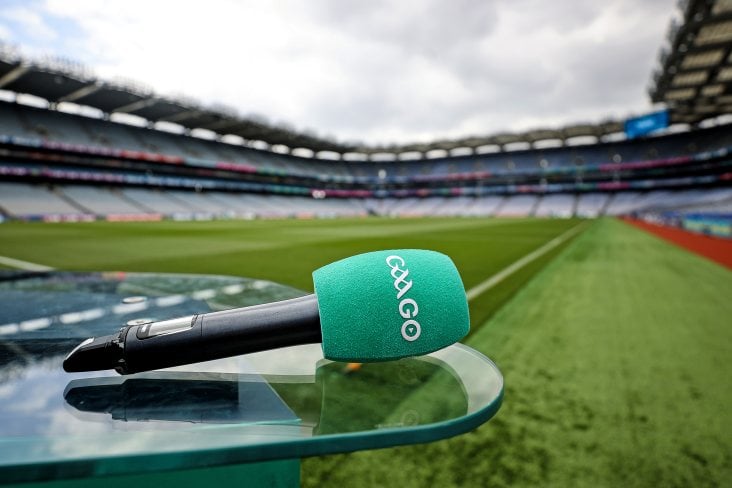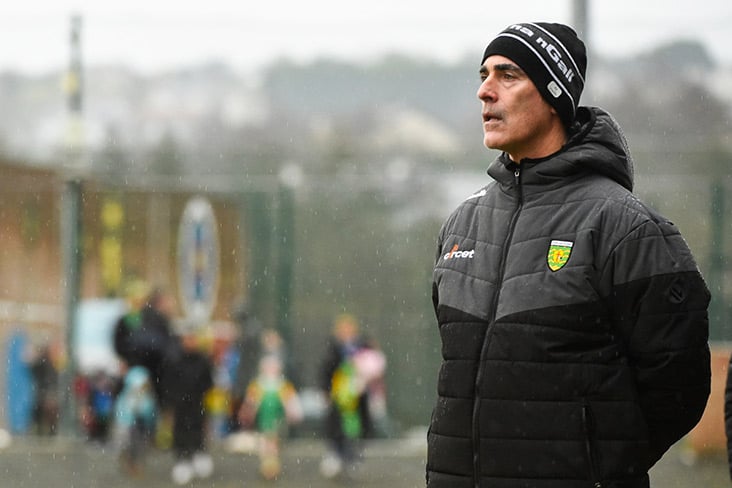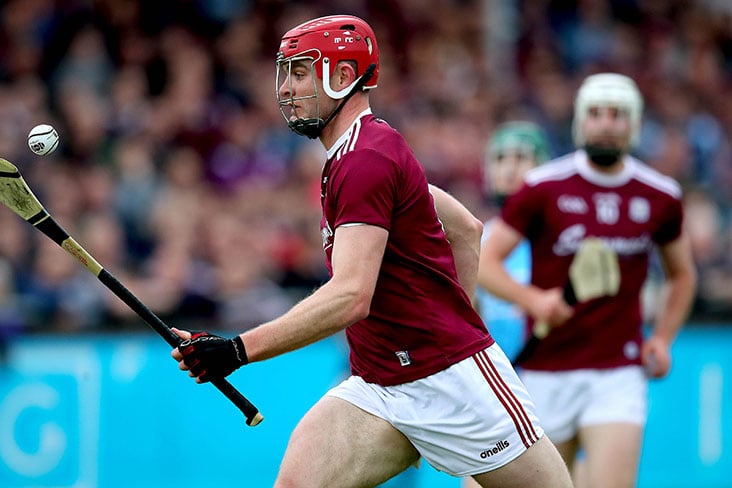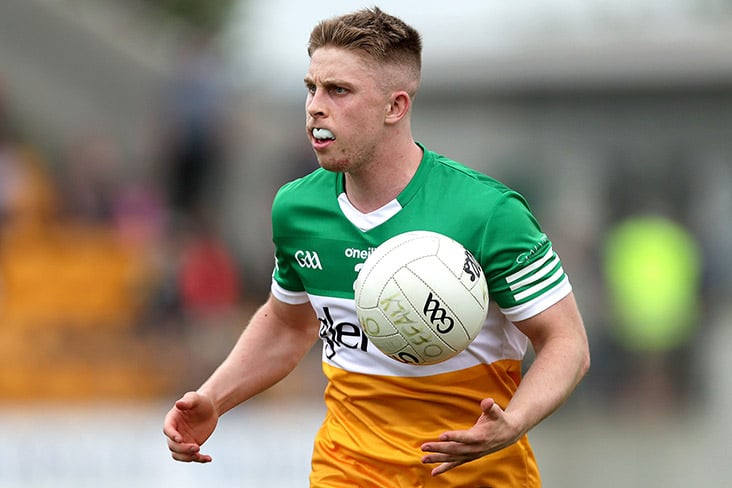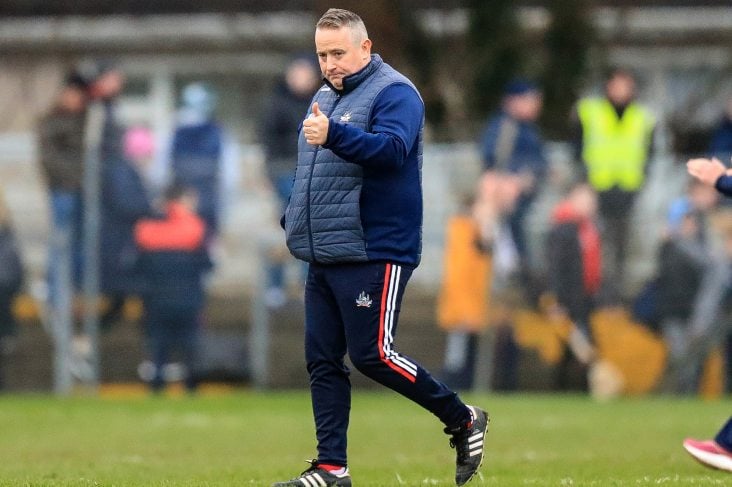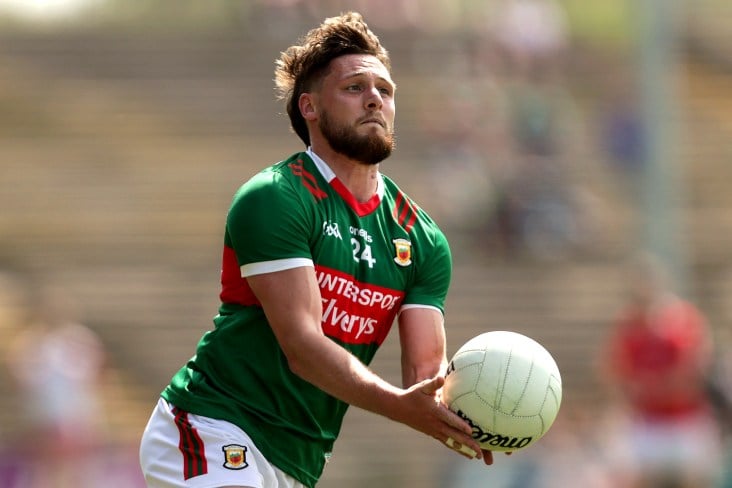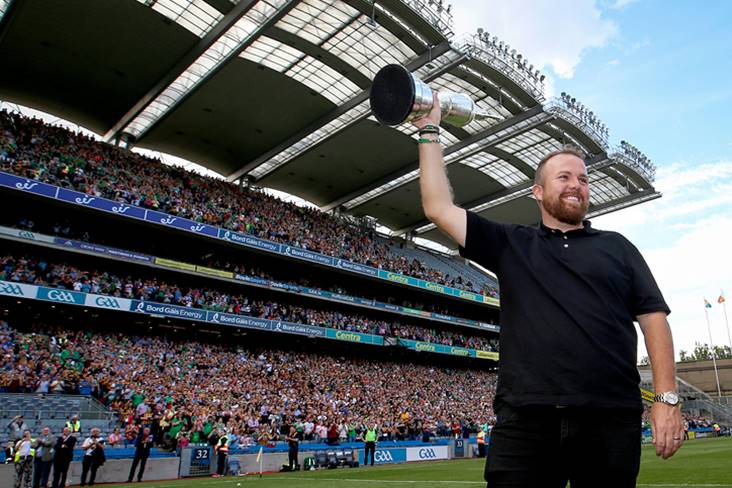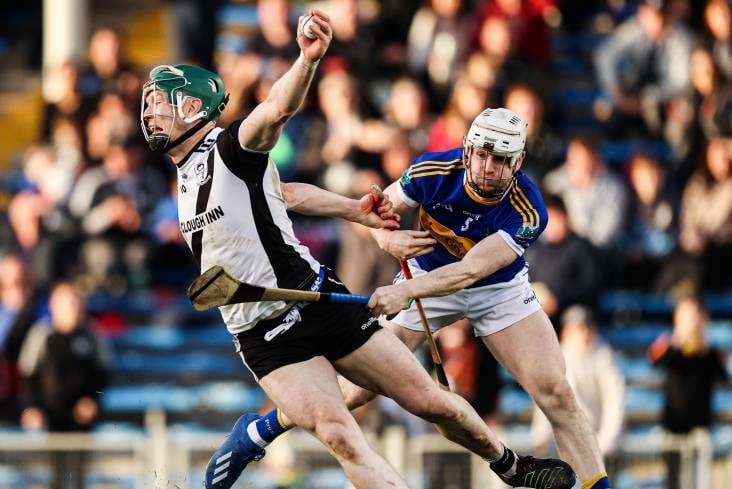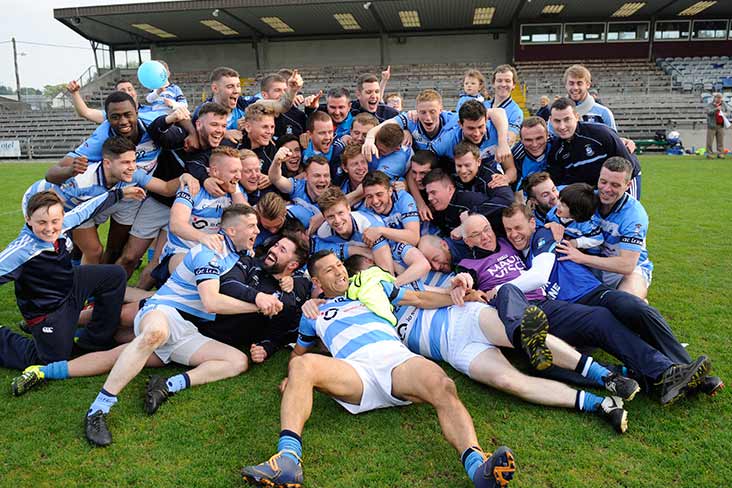Opinion: allowing people who never hurled to coach kids is a gamble
March 09, 2017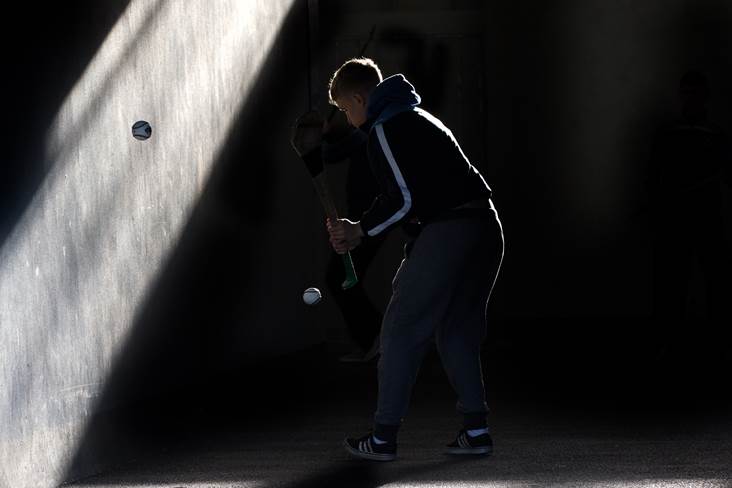
Players puck a sliotar around in the tunnel at Semple Stadium, Thurles.
©INPHO/Cathal Noonan.
by Stephen Reilly
Hurling is a game that requires a certain skillset that is coached from a very young age.
Since the GAA was formed in 1884, coaches, managers or trainers have been an integral part of any team.
The notion that hurling is the most skilful game in the world is not without foundation as it is a difficult game to master. This is where coaching comes in and there has been a huge emphasis on this in recent times.
At all levels, coaches need to have a certain standard under their belts before they are allowed teach the skills of the game.
The GAA's Foundation Level course is for beginner coaches, aimed at enabling participants to assist a coach in the organisation of activities to develop hurling.
There are four modules within this course and they are an Introduction to Games, Skill Development, Movement Skills and Coaching Children, Youths and Adults.
Teaching this to all level of participants over two nights is virtually impossible.
Obviously, some will pick it up quicker than others and these are generally people who have played the game or had a close association with hurling all their lives.
Having taken part in a foundation course in the midlands recently, it was a real eye-opener to see why many of the people were there.
Of the 60-plus people in attendance, 95% were there because they had children playing, and of those roughly 75% had no involvement in hurling before their child started playing the game.
There is no problem with these people getting involved in coaching, but what I do have an issue with is the role they have when they return to their clubs. Some of these people will actually be coaching teams and have a cert to say that they are capable of doing so, when in fact they are not.
Years ago, coaches were die hard hurling people and what they lacked in terms of teaching the skills, they made up for in passion for the game. That is something that is missing in the modern game. How many of the coaches involved now are willing to dedicate the next 10 or 20 years to looking after teams? Very few if any is the answer.
There is a role in coaching for people that haven't a background in the game, no doubt about it, but it's certainly not as a coach.
Helping set up drills and encouraging children to develop their skills are just two areas that could be focused on. The foundation course is aimed at this, but more often than not, people go back to their clubs thinking they are Brian Cody or Davy Fitzgerald.
Hurling coaches have to be able to demonstrate the various skills of the game, a child will pick it up quicker when they visually see the skill, rather than just been told what to do.
At that recent foundation course, we were put into groups and had to demonstrate certain drills. Some of those there were not able to perform the most basic hurling skills.
Having played the game from the age of eight until retirement a few years ago, I found this amusing in one sense, but frightening in another. For all their enthusiasm, surely people like this cannot be allowed to coach children.
Clubs, certainly those in rural areas, are finding it harder than ever to get people involved and it is not an uncommon sight to have the same few people look after the various underage teams year after year.
The GAA needs to look at the coaching structures and rather than treat everyone the same way regardless of their knowledge of hurling, perhaps run a course specifically for people who don't have a background in the game which would focus more on encouraging kids and setting up drills.
More and more kids are drifting away from Gaelic games as can be seen by the amount of amalgamations that are taking place. There are a number of reasons for this and sub-standard coaching doesn't help anybody.
Tweet